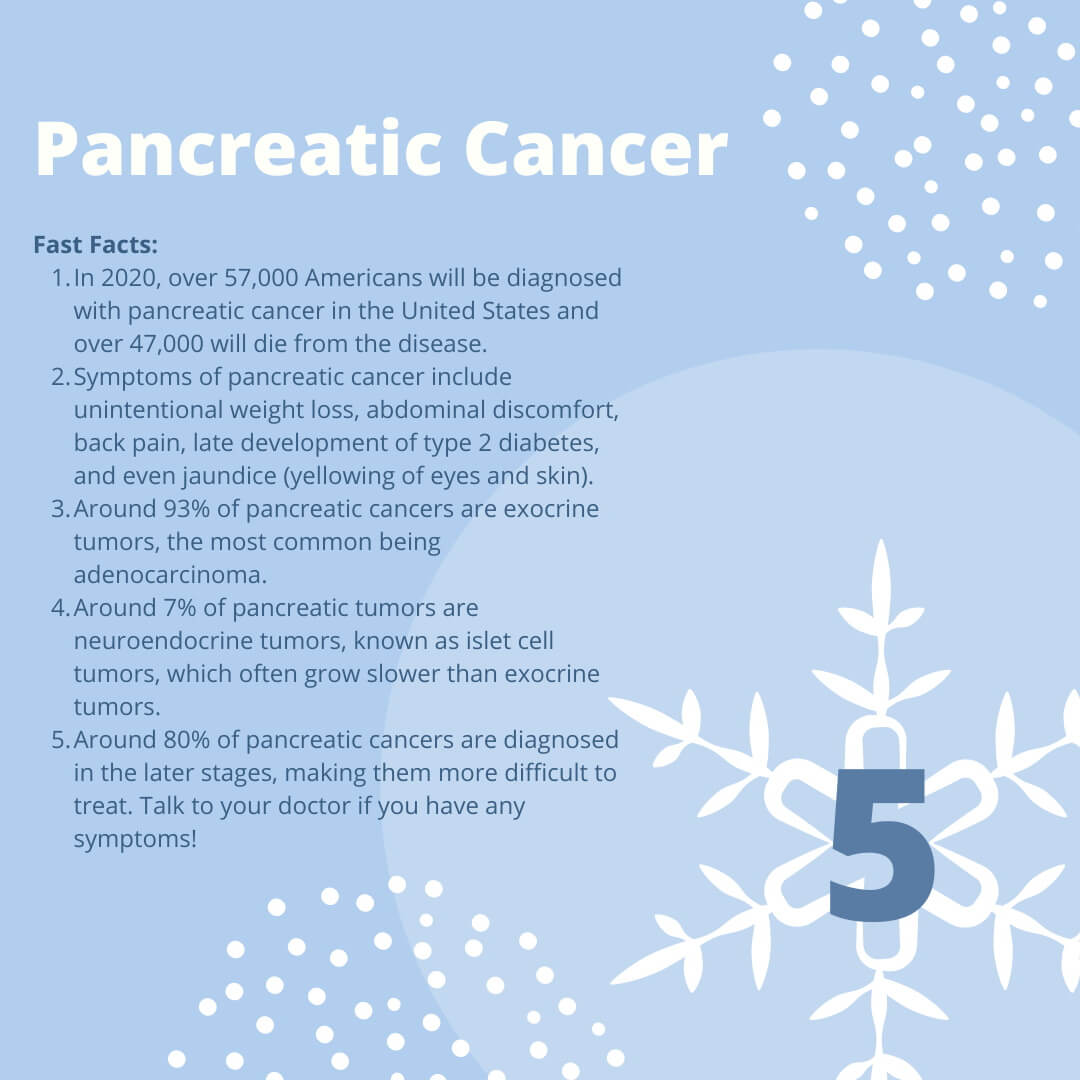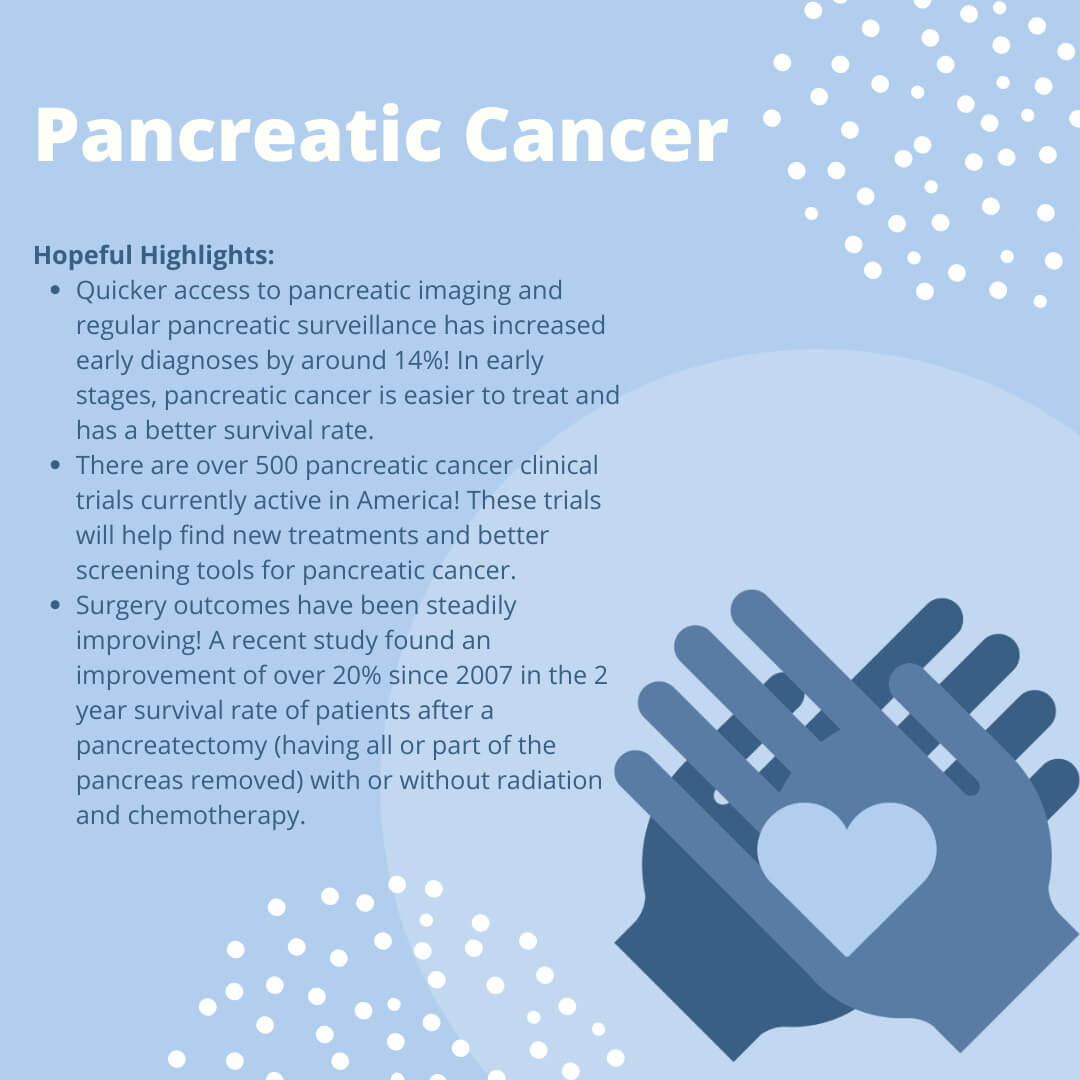Clinical Trials for HER2 (human epidermal growth factor receptor 2) Mutant-Positive Tumors are studies in which new treatments are being evaluated for their safety and efficacy for cancer patients. For new cancer therapies to be commercially used and known as a standard of care, they must be approved by the FDA after evaluation in different phases of clinical trials. These trials both help patients access new treatments and further clinical research with their participation.











